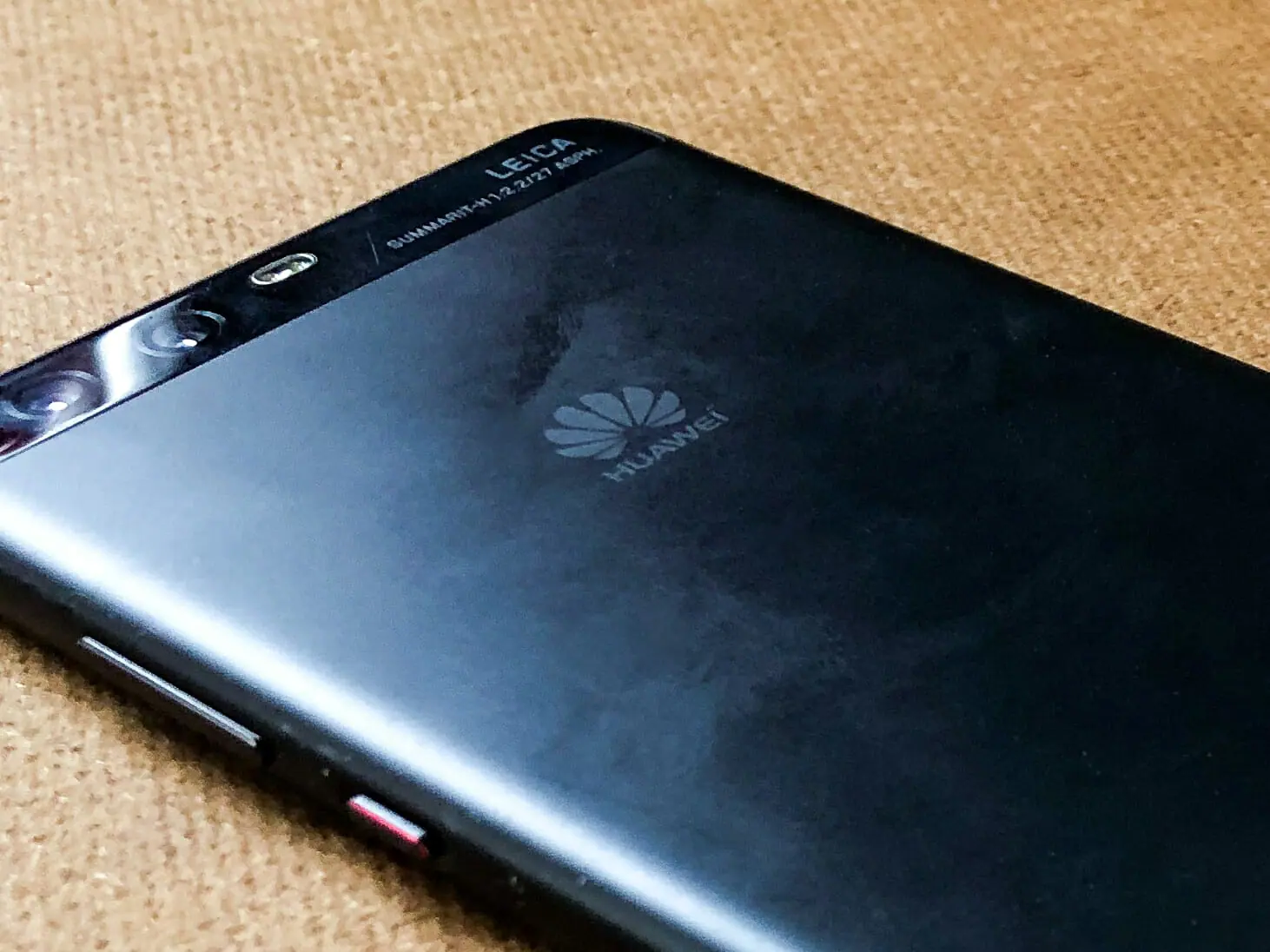The United States is accusing technology company, Huawei, of posing a security threat. Canada arrested Huawei Chief Financial Officer, Meng Wanzhou, on U.S authority Dec. 1, following accusations that a Huawei subsidiary violated a sanction against Iran.
Wanzhou was released on bail of $7 million and has been under surveillance in Vancouver, B.C. as her extradition case continues.
Following her arrest, Canadian citizen Robert Schellenberg now sits on death row for his previous drug trafficking charge in China. His case was reopened, and the death sentence laid, soon after Wanzhou’s arrest.
Calls to restrict, or even ban Huawei are cropping up around Europe and in Canada. But the U.S. hasn’t offered any proof of its security claims. These instances of state power run amok may be unsurprising given the current political climate.
And the pressure is building.
Schellenberg’s death sentence follows the custody of two Canadians for “activities endangering national security,” also around the time of Wanzhou’s arrest.
The deadline for the U.S. to submit a formal extradition request was Jan. 31. The U.S. filed charges against Wanzhou on Jan. 28. Prime Minister Trudeau has emphasized that the independent court system will “ensure the extradition process is properly followed,” and that “there is no political involvement.”
Motivating interests
China disputes Wanzhou’s “wrongful arrest,” while the U.S. continues accusations of “hackable equipment” and security concerns.
With every government pumping out its own propaganda, what’s real and what’s not?
China’s threats toward Canadian citizens might automatically condemn China’s side of the story. However, U.S. motivations are not so clear.
Last summer, Huawei overtook Apple as the world’s second-largest smartphones sales, behind only Samsung. Huawei has substantially increased its user base in the last decade.
Huawei recently launched the world’s first 5G chipsets for telecom tech, which might replace the 4G we all know. It’s smaller, lighter and less power consuming. The company claims the chips will “meet the higher demand of internet in the future.”
Now Huawei has the jump on rolling out 5G globally by infrastructure contracts that encompass initial installation, and further software, maintenance and upgrades.
This lucrative opportunity was well in Huawei’s grasp. Until U.S. security accusations have forced many countries to take a side. Canada, Poland, Germany, Taiwan and other states or organizations have been pulled into the fray of a possible Huawei ban. Canada awarded a 5G contract to Nokia.
How might the outcome of these ban debates affect U.S. interests? What about China?
The U.S. hasn’t presented actual proof of this security threat. It claims that “their views on Huawei are informed by definitive examples of malfeasance,” although none of these have been provided. A 2012 report named Huawei a general risk due to “lack of trust lawmakers placed in China.”
Huawei has repeatedly stated that it is “a private company not under Chinese government control and not subject to Chinese security laws overseas.”
Canada admits that it’s been conducting tests on Huawei products since 2013. The Canadian Communications Security Establishment (CSE) overlooks the verification processes for all equipment and services for use on all telecommunications networks in Canada, Huawei included. This process, the Security Review Program, requires smartphone providers to pay in with operators for periodic review by the CSE. Nothing has come up thus far.
If this security threat exists, it’s time for the U.S. to walk the talk. Meanwhile, Huawei’s claims that it’s being “unfairly targeted without any proof” by the U.S.
The U.S. strategy appears to be initiate a high-stakes extradition request without offering concrete proof. Villainize a key smartphone competitor and get your buddies in on it. Prevent global expansion of the competitor as it crucially unveils new tech. Protect the position of your own industry in the market.
Seems like a solid, though shady strategy on the part of the U.S.
China may be an obvious villain, given its recent actions and general lack of democracy. While this may be true, the U.S. takes advantage of this narrative for its trade interests, and is willing to put Canada in the crossfire.
Canada’s role as the middleman may be preferable to both sides, as China and the U.S. direct collective pressures at the relatively measly state wedged between them. A direct confrontation may raise tensions beyond what either country is prepared to commit. We can imagine how things might be different if China had detained U.S. citizens.
The rhetoric of democracy versus non-democracy is no longer enough to uphold the China-is-the-villain narrative. The undisclosed motives of the U.S. are equally suspicious.
As the U.S. government continues spouting the benefits of free trade, though it is making sure that these “benefits” remain in its pockets through the shoddy backdoor.


Recent Comments